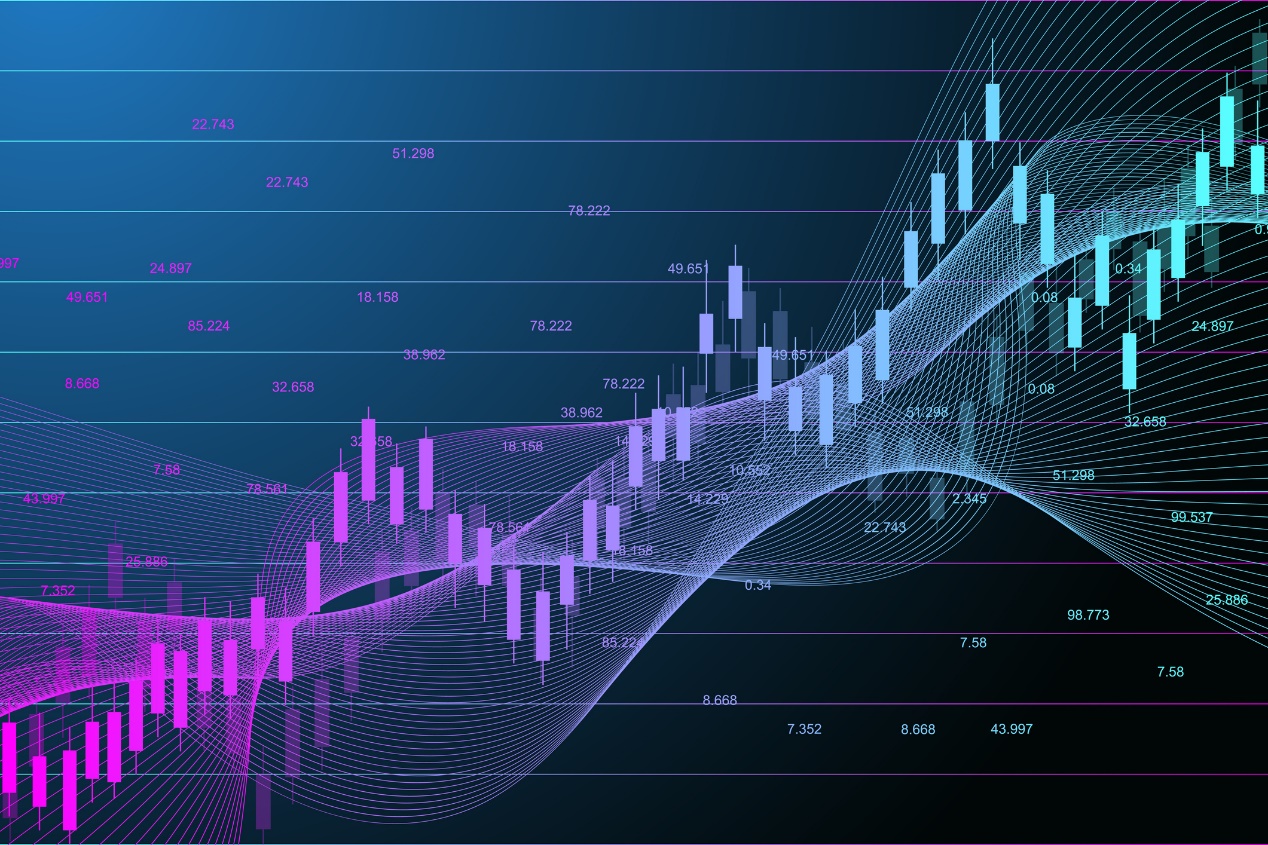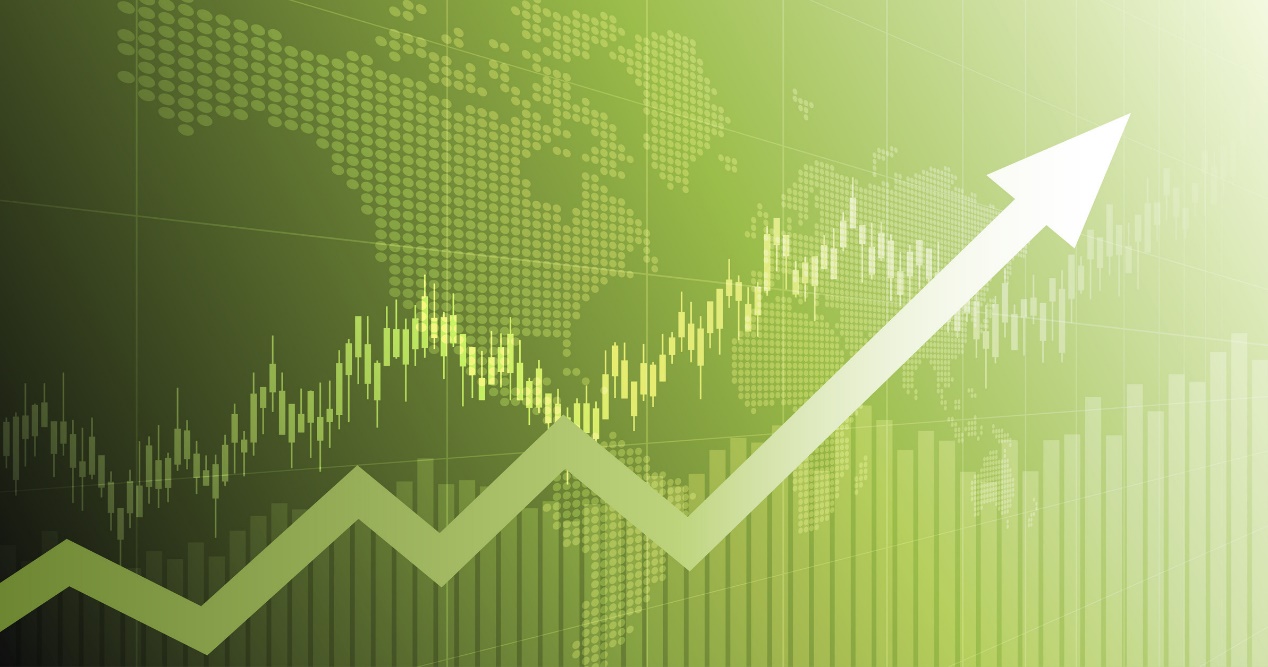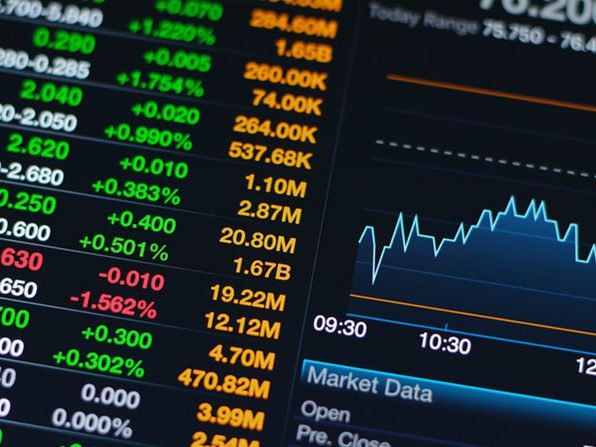
You know, in today's modern world, stock trading is slowly from between merchants' and buyers' communication into an electronic system. So you have as long as you have a computer when and where you can start to do business, and you will have more advantages if you have a faster computer. As the world's leading investment bank, Goldman Sachs securities and investment management company, we'll have enough capital for the company can develop in a super short time by trading tens of millions of supercomputers. They now deal with the whole of society in a vital role. Currently, science and technology are developing faster and faster so that a tiny chip can be used to perform transactions. From before to now, its executive command changes extremely fast, a minute, a few seconds, seconds, and then to the present thousands of a fraction of a second. Astonishing, this speed is the ordinary investment of tens of thousands of times, like Intel's invention of computer chips, which has been leading in the world, becoming a letter Processing power.
What makes ordinary investors, however, cannot catch up with is the robot programmers to develop virtual stock traders; these robots can be written procedures and trading algorithms to buy and sell shares and securities and analysis, and are the algorithm to determine a good time, a robot can enter or exit trades, quietly so elusive, let a person cannot know.
The computer system can operate the profits of the company. Some companies will provide some costs as commission to deal with more buyers, let them to frequent transactions. However, computers can always recognize that and then immediately cancel the deal. The company's loss will be small or neutral. Although the company is overall losses, a large volume will make the company win.

One problem with fast trading was a regulatory error that allowed the computer to see a stock that many buyers wanted to buy, buy it in advance, and then sell it at a higher price to those who wanted to buy it. The reason for this is that a regulatory loophole allows some people to see the stock information before others, and the computer can catch them before they want to buy the stock. This would eventually cause the stock to trade at a higher price than it's worth, which would devastate investors, but thankfully the computer system is gone.
Generally speaking, in recent years, high-frequency trading has had a particular impact on the integrity and efficiency of the market, which has aroused broad interest in the industry and academia. Academic research, anecdotal evidence, and the IOSCO roundtable show that some of the strategies used by HFT provide liquidity to markets. For example, arbitrage HFT uses algorithms to identify and detect price differentials across markets, thus bringing pricing in a line across markets. But some market participants say the presence of high-frequency traders has discouraged them from participating because they feel they have an inherent disadvantage compared with the superior technical advantages of high-frequency trading and need to change their usual trading strategies.
Another concern is that the increasing use of programmatic quantitative trading strategies by traders may lead to the spread of price shocks between trades of the same product or even cross-market trades of different products. The extent of the impact depends on how individual investors' algorithms are programmed and how they respond to changes in market conditions. For example, a cross-market basis difference between interconnected markets may be expanded by the application of algorithmic programming, which can make the impact of one market quickly transmitted to another market, which may increase the propagation speed of systemic risk imperceptively.




